In the annals of Russian history, few figures loom as large as Vladimir Putin. For over two decades, Putin has been at the epicenter of power in Russia, shaping its domestic landscape and exerting influence on the global stage. As the longest-serving ruler of post-communist Russia, his tenure has been marked by both domestic success and international controversy.
Putin's ascent to power began in the twilight years of the Soviet Union, where he served as an agent of the KGB, the Soviet Union's intelligence agency. Following the dissolution of the USSR, Putin entered the political arena, serving as the mayor of Leningrad in 1990. This marked the beginning of a meteoric rise that would see him ascend to the highest echelons of power in Russia.
Since assuming the presidency in 2000, Putin has wielded considerable influence over Russian politics, guiding the country through periods of economic turmoil and political upheaval. His leadership style, characterized by a strongman persona and an unwavering commitment to Russian interests, has earned him both admirers and detractors.
One of Putin's defining features as a leader has been his ability to project Russian power on the global stage. Under his leadership, Russia has sought to assert itself as a major player in international affairs, challenging Western dominance and forging strategic alliances with countries like China and Iran.
However, Putin's foreign policy ambitions have also sparked controversy, particularly in the wake of Russia's military interventions in Ukraine and Syria. The annexation of Crimea in 2014 and Russia's support for separatist movements in Eastern Ukraine led to widespread condemnation from the international community and a deterioration in relations between Russia and the West.
Despite facing criticism from abroad, Putin has maintained a firm grip on power at home. His popularity among the Russian populace remains high, bolstered by his image as a strong and decisive leader who stands up for Russian interests in the face of external pressure.
In recent years, Putin has faced growing opposition from domestic critics, who accuse him of authoritarianism and corruption. Protests against his rule have erupted sporadically, particularly in the wake of controversial elections and allegations of electoral fraud.
Yet, despite these challenges, Putin's hold on power remains unshakable. His control over Russia's political institutions, coupled with his firm grip on the country's security apparatus, ensures that he remains the dominant figure in Russian politics for the foreseeable future.
As Putin enters his third decade in power, the world watches with bated breath to see what the future holds for Russia under his leadership. Will he continue to assert Russian power on the global stage, or will growing domestic discontent undermine his authority? Only time will tell, but one thing is certain: Vladimir Putin's influence on Russian politics is unlikely to wane anytime soon.



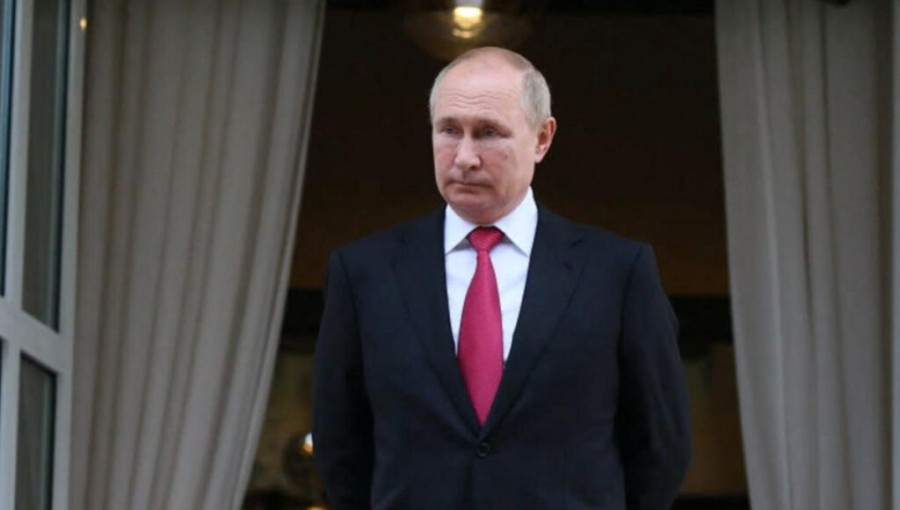
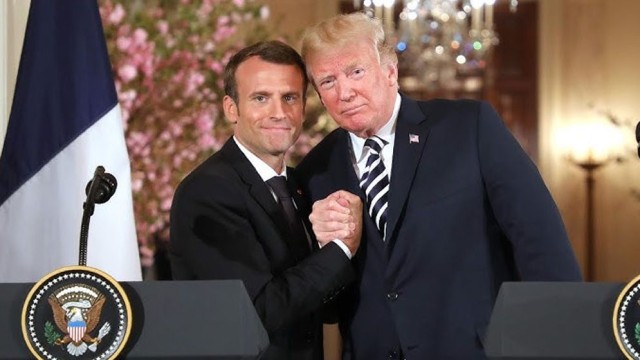
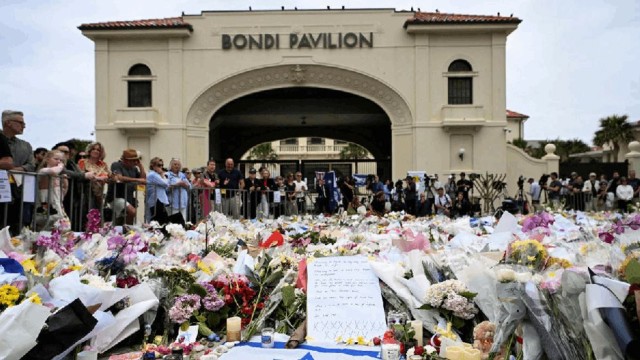
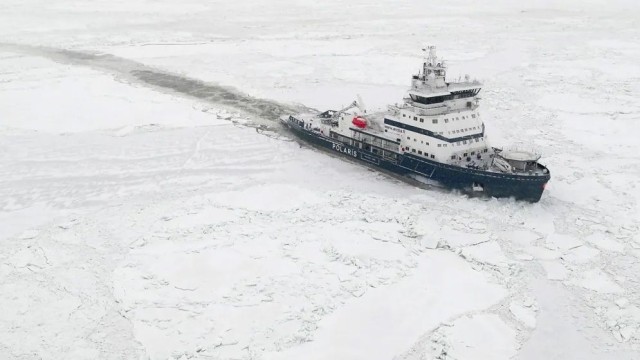
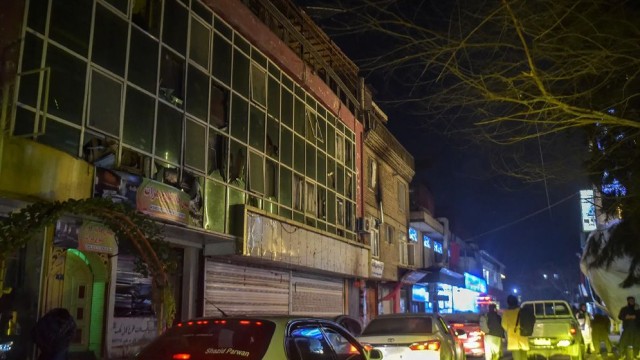
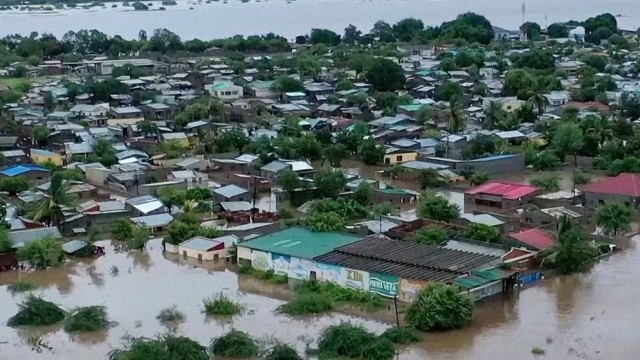
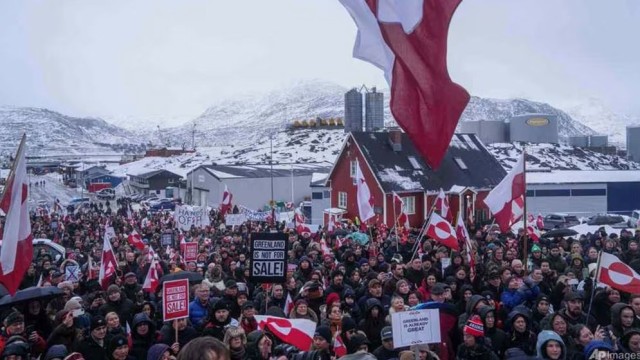
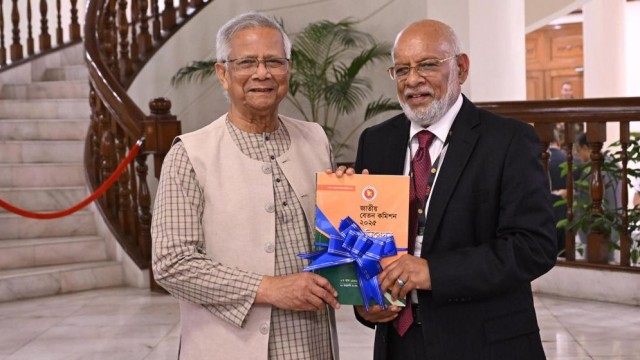
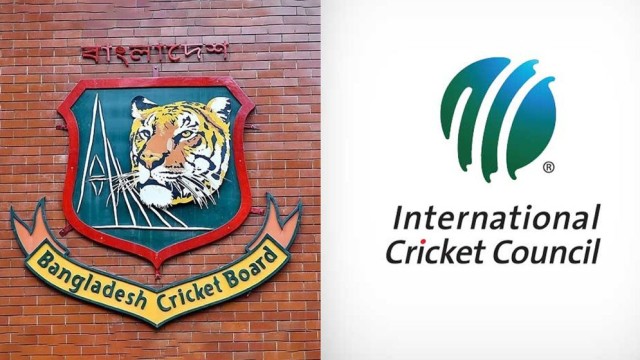
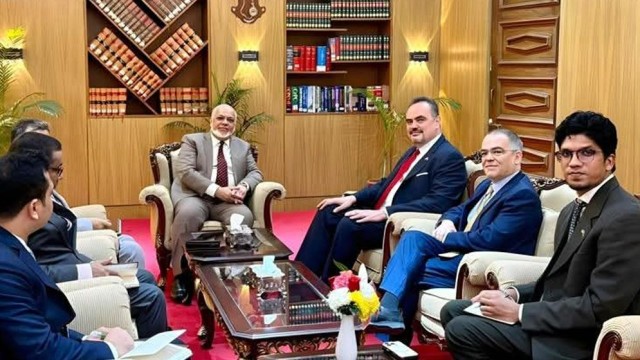
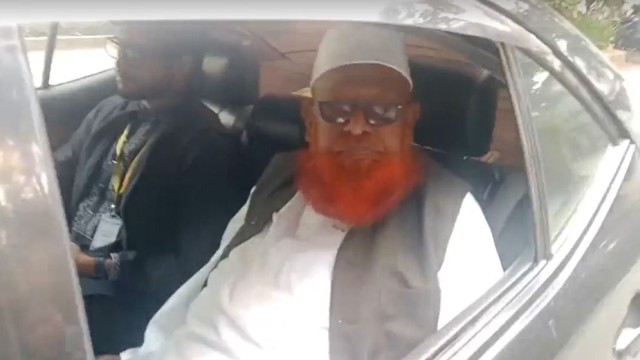
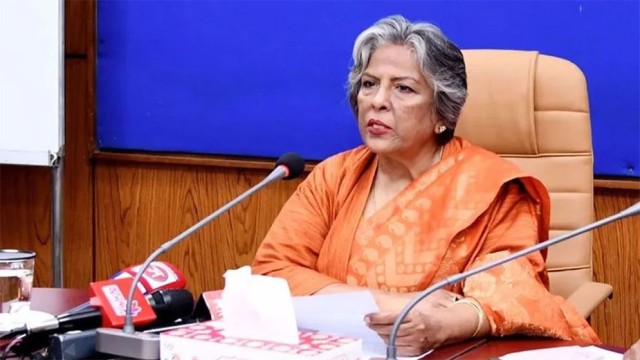
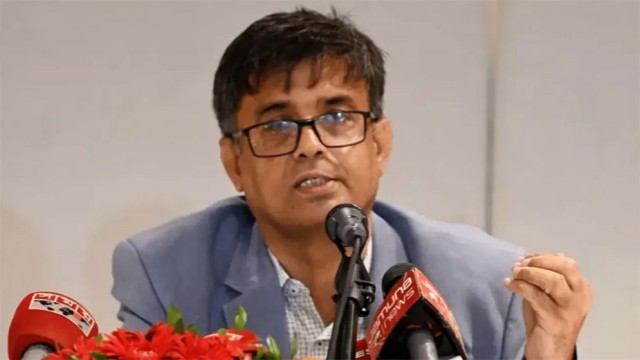

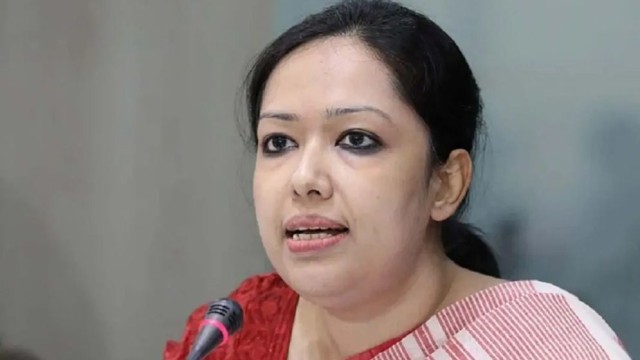
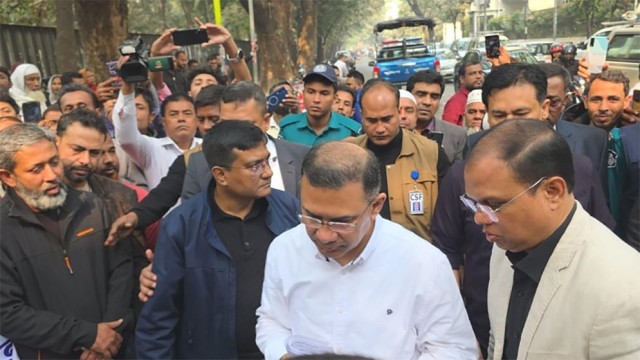
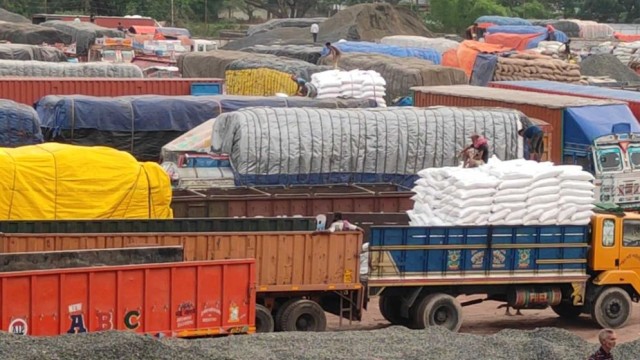








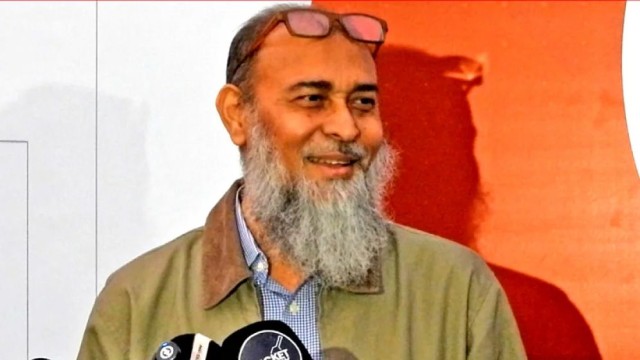

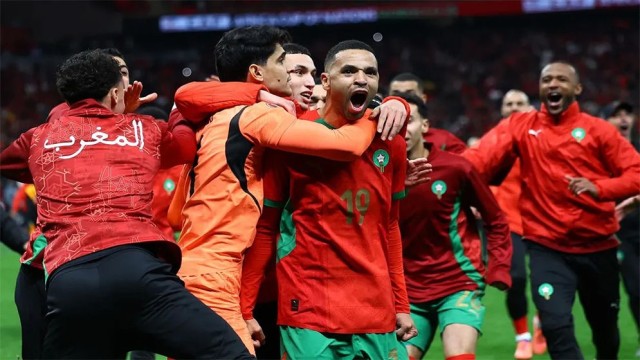
Comment: